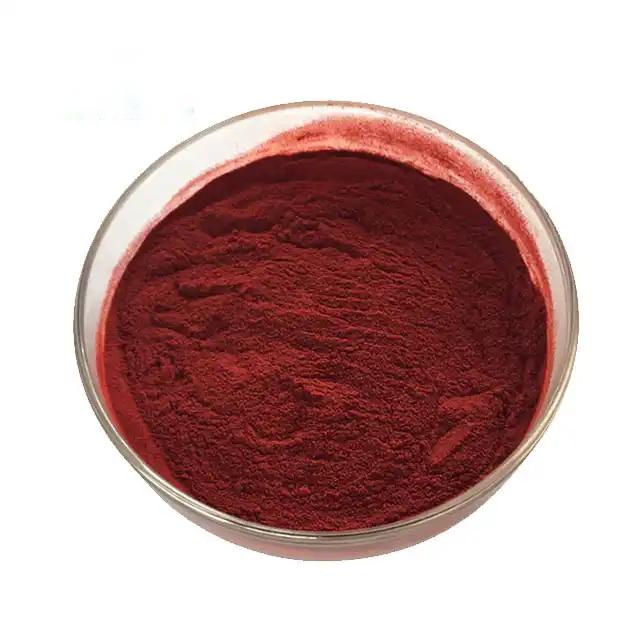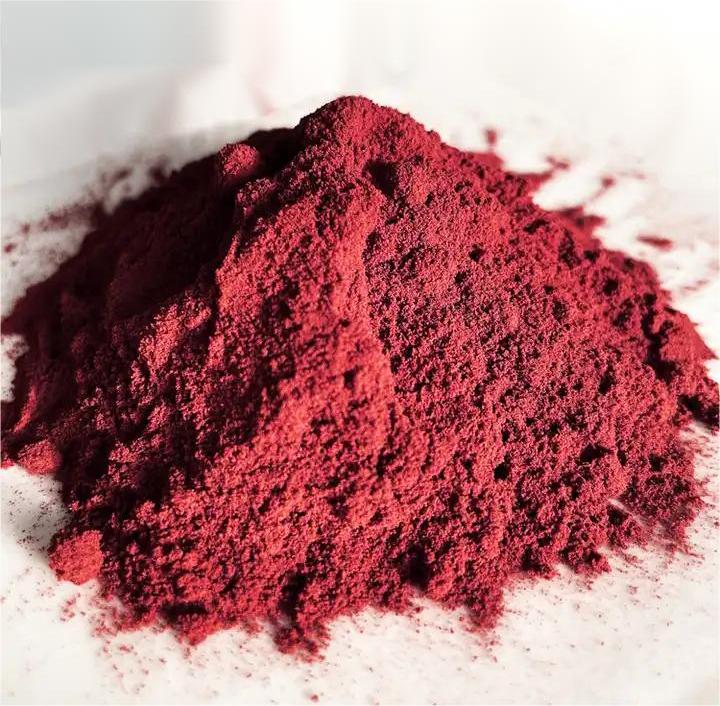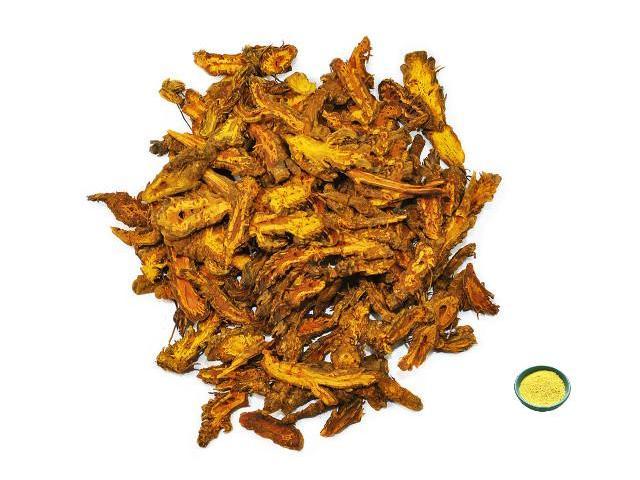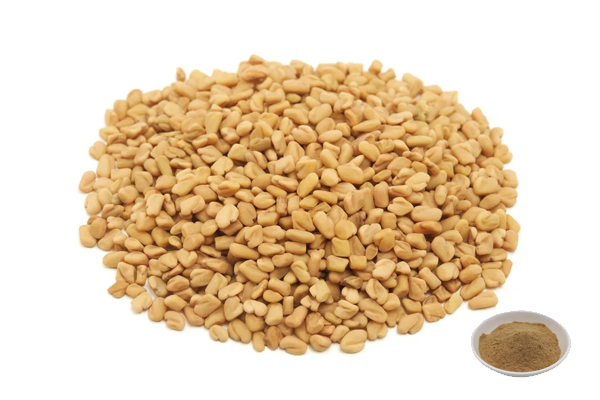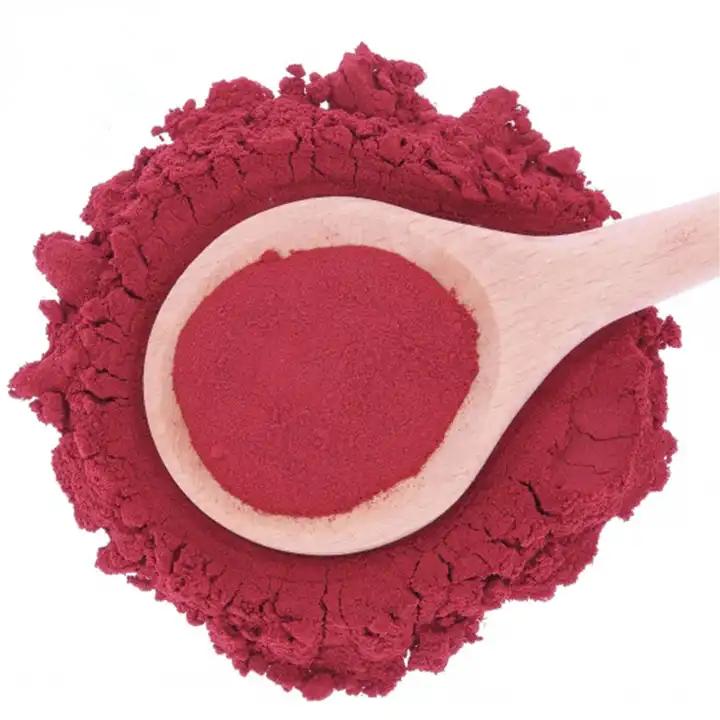Polvo de PQQ 99% HPLC
Nombre del producto :PQQ Powder
Ensayo :99.0%
Método de ensayo :HPLC
Aspecto: polvo de color rojo a marrón rojizo
Residuos de plaguicidas: cumplir con la norma (CE) n º 396/2005
- descripción
- Hoja de datos
- Certificado de certificado
-
¿Qué es PQQ polvo?
PQQ (Pyrroloquinoline quinone) is a reddish-brown, aromatic, tricyclic o-quinone compound and a water-soluble coenzyme. It plays an important role in protecting the nerves as well as the cardiovascular system and resisting aging. PQQ (Pyrroloquinoline quinone) acts as a redox agent in cells. It has the ability to become a REDOX agent, reducing oxidants (antioxidant effect) and then recirculating back to the active form via glutathione. Pyrroloquinoline quinone has important applications in food, medicine and cosmetics.
Polvo de PQQ El 99% HPLC suministrado por la tecnología de primavera verde se produce por método de fermentación, que se hace de la glucosa comiendo bacterias metilotrócomo cepa de fermentación, a través de fermentación, extracción, purificación, cristalización, secado y otros procesos. Tiene un alto contenido, propiedades estables y buena solubilidad. Primavera verde tiene un riguroso proceso de control de calidad, y cada paso de producción en el proceso de producción se supervisa y se prueba para garantizar el cumplimiento. Todos los productos que ofrecemos implementan los más altos estándares internacionales de la industria, cumpliendo con las normas internacionales como la farmacopea europea, la farmacopea de los Estados Unidos, y la farmacopea japonesa. Primavera verde ha pasado Halal, Kosher, COSMOS, BRC, IFS, FDA, ISO y muchas otras certificaciones. Los informes de pruebas autorizados de terceros están disponibles.
Especificaciones:
Nombre del producto
Pirroloquinolina quinona
CAS No.
72909-34-3
Ensayo ensayo
99%
Método de ensayo
HPLC
apariencia
De color rojo a polvo marrón rojiro.
Residuos de plaguicidas
Cumplir con la norma (CE) n º 396/2005
Normativa:
Se ajusta a la normativa de la UE.
¿Busca un presupuesto?Benefits:
Antioxidant
PQQ powder has a strong ability to eliminate chloroprene and can effectively eliminate HO- and O2-. It can protect membrane proteins from air oxidation damage; and inhibit lipid peroxidation. It can also protect nerve cells from ischemia-reperfusion damage; and protect the redox reaction structural domain of air-oxidised NMDA protein kinase, which in turn promotes the repair of cervical cord damage. Avoid ischaemic oxygen deficiency in the brain, preventing the cellular model from producing very severe shock. At the same time, PQQ powder also protects the cardiovascular system from insufficient blood supply to the heart and myocardial infarction, which is due to the antioxidant effect of PQQ.
Liver Protection
PQQ powder protects the liver against ethanol and carbon tetrachloride induced liver damage and TAA induced hepatic chirosis.
Neuroprotection
PQQ ameliorates neuronal damage caused by oxygen-sugar deprivation in a solid model. It reduces the alteration of Nitrosomal content due to the resolution of D-galactose and inhibits neuronal cell degeneration. It has a weakening effect on nerve damage caused by β-amyloid and helps to promote the secretion of neurotrophic factors. In addition, PQQ powder can also significantly improve the memory function of rats, with obvious memory maintenance and prevention of dementia.
Cell-Like Growth Factors
Experiments have shown that maternal female rats with diets that take away PQQ also cause newborn pups to experience stunted growth, underdevelopment, and other discomforts. The lack of PQQ powder in the diet also causes a lot of reduction of calcium phosphate antimycotic content in the skin of rats. As a result, the body's collagen content is reduced, and elastin chemical cross-linking is damaged. Embodied in the skin is fragile and shedding, hair thinning, body bending, bowed back, very serious will be abdominal bleeding and even death.
Thus, PQQ is a nutritional factor required for animal growth and development. Mothers filled with sufficient amounts of PQQ powder were able to notice a significant increase in the weight of their pups. In addition, PQQ has also been found in human milk, which reminds us that PQQ has a very important role in the growth and development of young animals.
Improvement of Body Immunity
PQQ eliminates ROS and resists inflammatory damage caused by inflammatory factors. Injecting PQQ into mice before injecting them with carrageenan reduced carrageenan-induced paw inflammation. In the absence of PQQ powder in the diet, interleukin 2 levels were significantly lower in mice. When PQQ powder was added, liver somatic cells responded favorably to mitogen A and lipopolysaccharide. The addition of PQQ to parenteral nutrition increased the total number of reticulocytes in lymph nodes and the number of CD4 and CD8 somatic cells in lymph nodes. It can also repair to some extent the integrity of lymphoid organs associated with the gastrointestinal tract.
Applications:
In the Food Field:
PQQ has been validated by GRAS in the USA and can be used as an ingredient in functional beverages, sports drinks, electrolyte beverages bottled water, and other food products. In the European Union and the United States, PQQ powder is used as a dietary supplement or natural health product. In Japan, PQQ is classified as a non-pharmaceutical product in the food and drug safety classification.
For Health Products:
PQQ powder, as a super antioxidant for organs, not only improves brain function and enhances cognition, but also provides super protection for mitochondria when used in conjunction with Coenzyme Q10. It enhances the growth of peripheral and sensory nerves, maintains NGF (Nerve Growth Factor), inhibits nerve cell death, and inhibits the activity of reactive oxygen species that promote cellular aging. It promotes the regeneration of mitochondria, which are present in cells and generate energy for body activities.PQQ powder has been used as an ingredient in a variety of nutraceuticals.
-
descargar
PQQ polvo 99% HPLC COA


 inglés
inglés francés
francés español
español ruso
ruso coreano
coreano Japonés japonés
Japonés japonés



